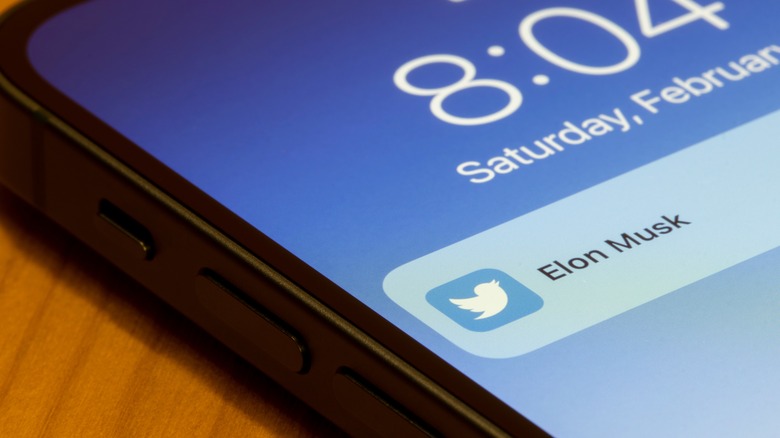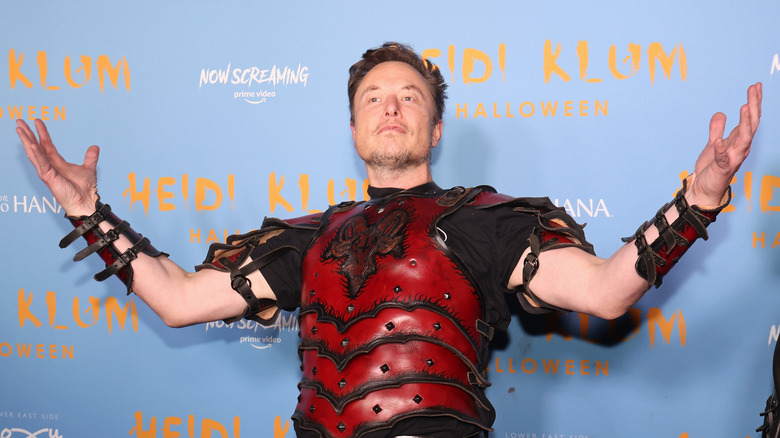Musk Announces Twitter Ad Sharing Program For Creators, But There's A Big Catch
Twitter CEO Elon Musk has announced plans to share revenue with creators for ads that pop up as replies under their tweets. He hasn't shared any meaty details as to how the revenue-sharing system will pan out. There is no word if there will be tiers for revenue sharing that guarantee a higher cut based on the number of followers, or if the payout will vary based on the creator's geographical location.
Musk previously made bold statements about turning Twitter into a viable platform for content creators. From allowing longer and higher resolution video uploads to exploring bigger payouts than YouTube and TikTok, Musk wants the cash to flow. "Let's see what happens when Twitter offers good video with higher compensation for creators," he claimed back in November last year.
Let's see what happens when Twitter offers good video with higher compensation for creators ...
— Elon Musk (@elonmusk) November 22, 2022
However, the company's new CEO has lately been struggling to retain advertisers on Twitter, thanks in no part to his own mercurial personality and the divisive product decisions that have been made with him at the helm. Twitter has even announced plans to charge for its API and has shunned the development of third-party clients.
Pay up to get paid
While Musk's plan for ad revenue sharing sure sounds like a desperate attempt to lure creators as well as advertisers onto the platform, there's a huge caveat. Only accounts subscribed to the Twitter Blue service will be eligible for an ad money cut. In a nutshell, if you seek to make money from reply section ads, you will first have to pay a sum of $8 per month to the company.
Musk also clarified that legacy verified accounts will have to pay for a Twitter Blue subscription in order to retain the blue check mark and command a cut from ads popping up in their reply sections. He has previously stated that a Twitter Blue subscription will be mandatory for retaining the coveted blue tick following a grace period.
Twitter's legacy Blue Verified is unfortunately deeply corrupted, so will sunset in a few months
— Elon Musk (@elonmusk) February 3, 2023
"Twitter's legacy Blue Verified is unfortunately deeply corrupted, so will sunset in a few months," he wrote earlier this week. However, Musk's announcement hasn't really won a lot of fans. Plus, it also portends that ads will soon be a commonplace in the replies, opening a whole new universe for spammy ads and making it an even less desirable place to look for meaningful user interactions.

